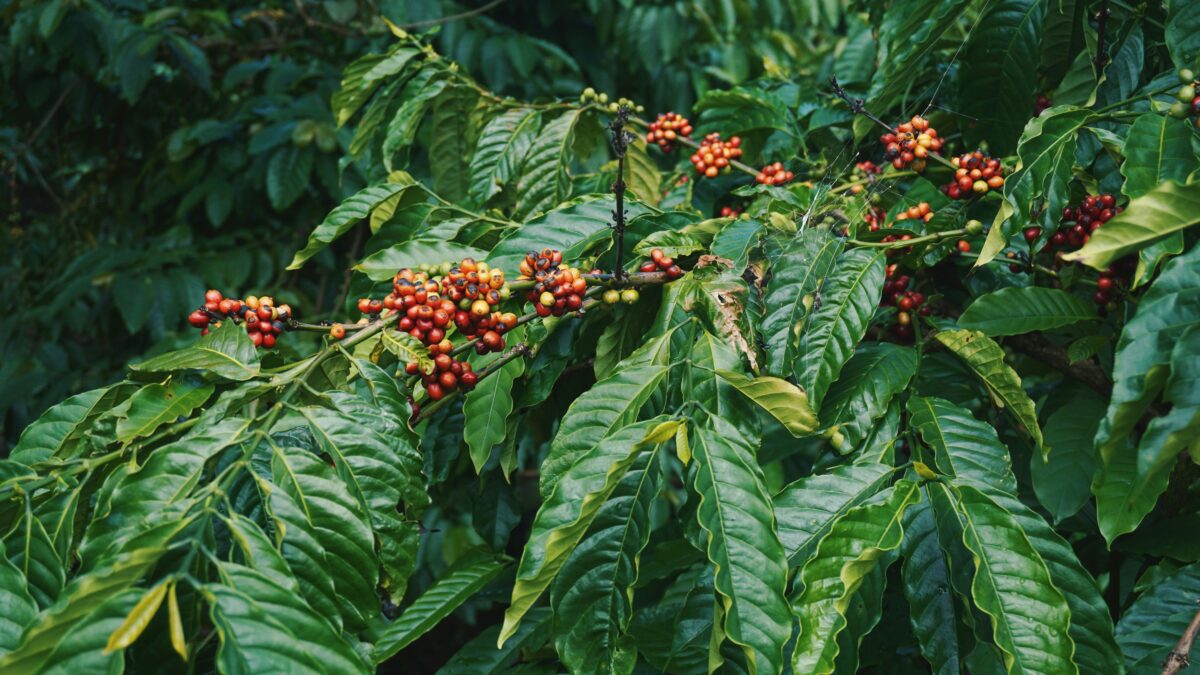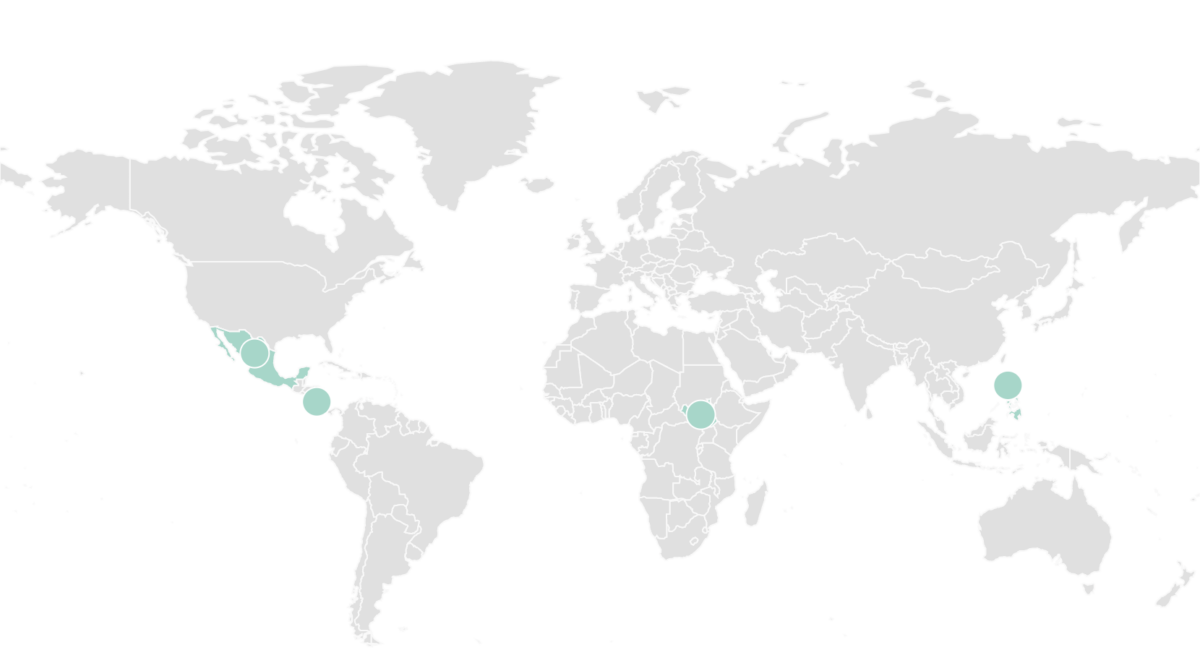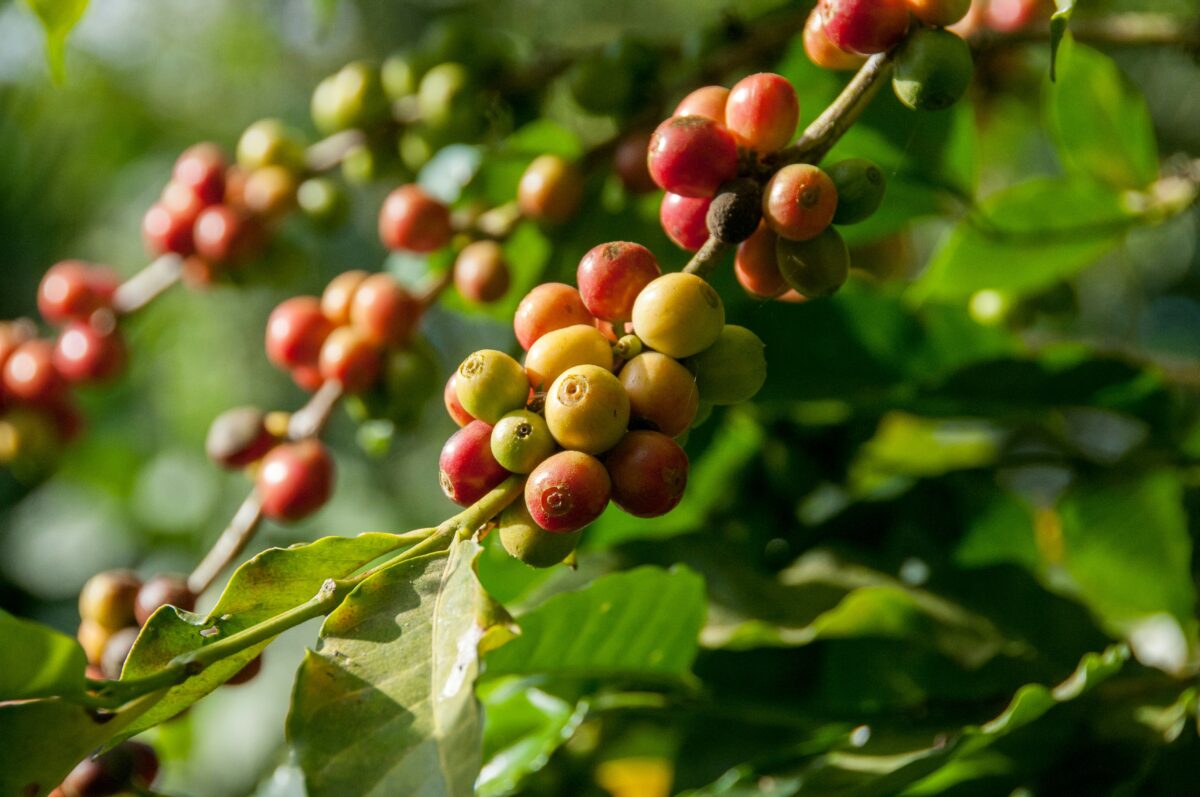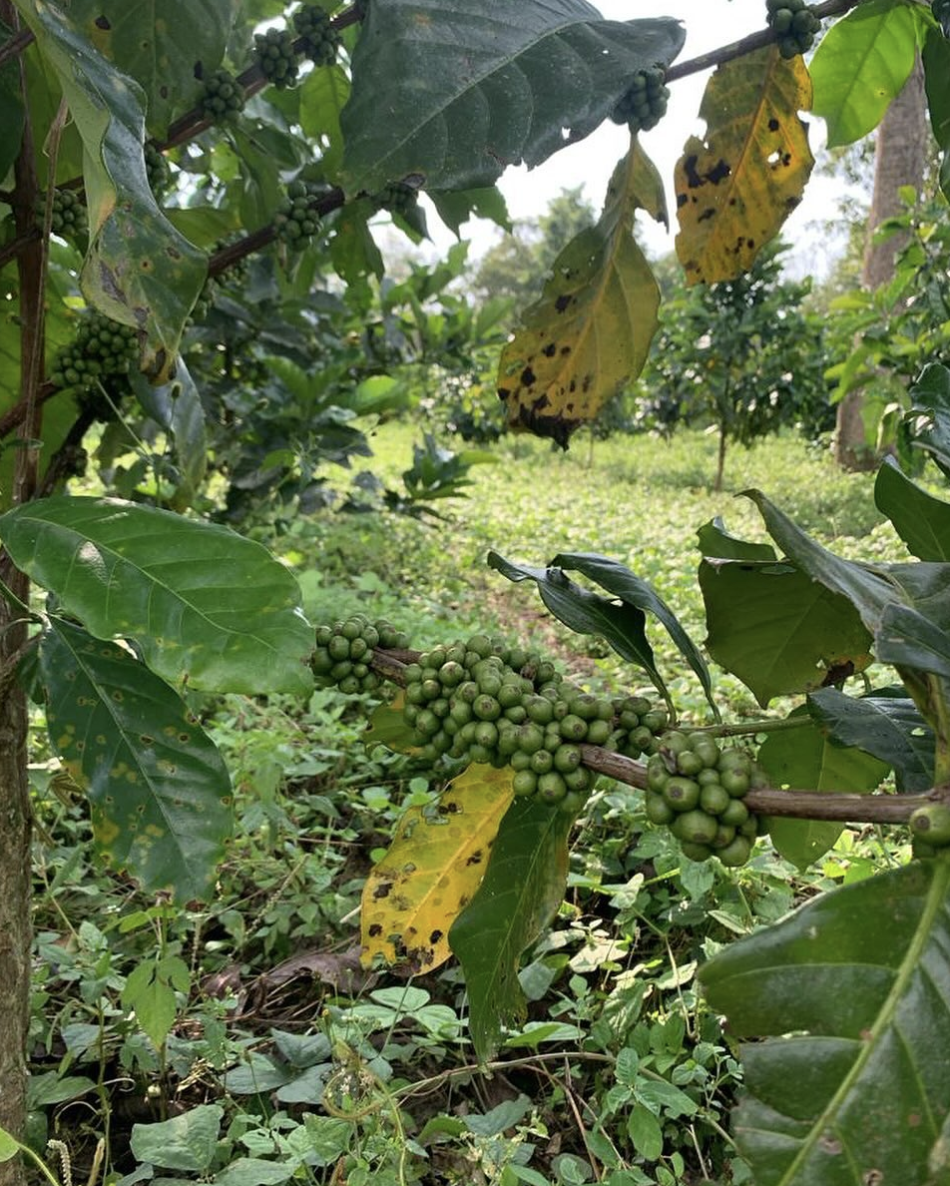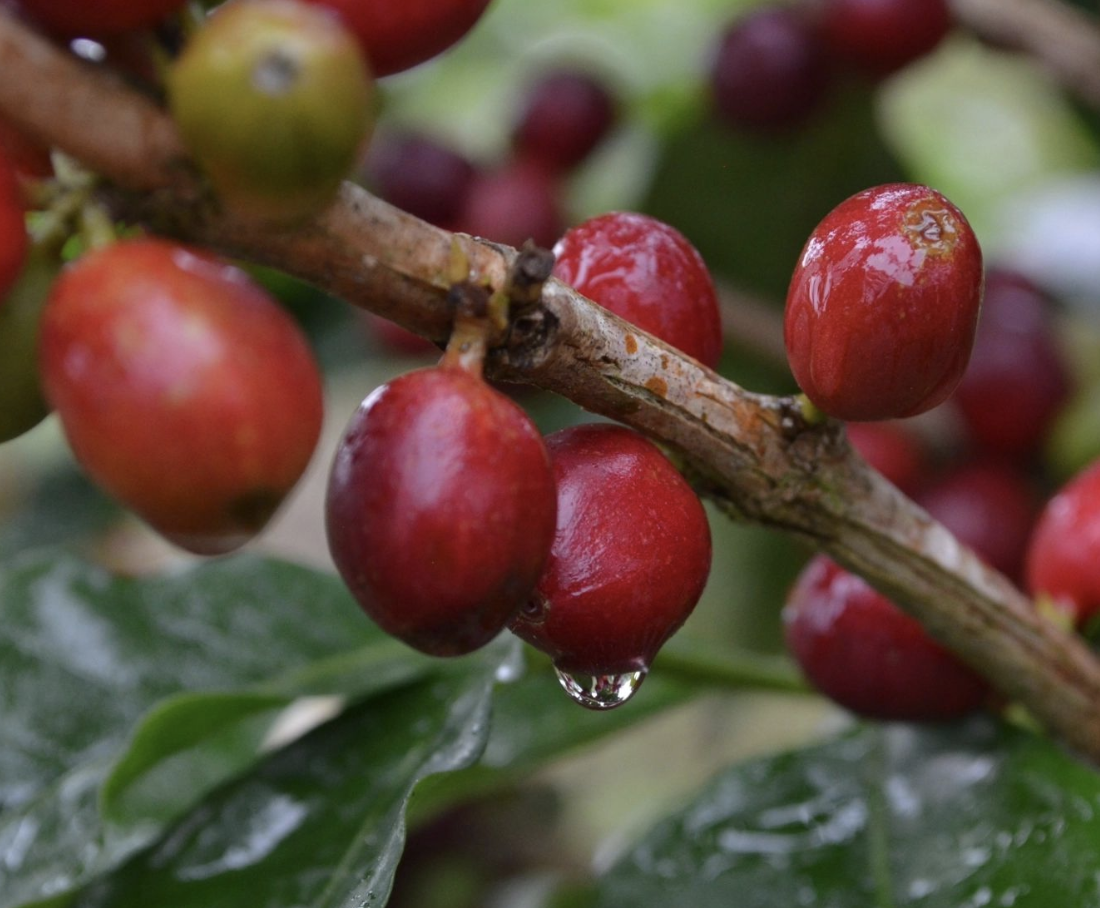Brewing Trouble: The Shadowy Side of the Coffee Cup – How Purity Issues Threaten Excelsa’s Golden Bean
Raise your mug, coffee lovers, but pause before that first sip. Beneath the frothy allure and bittersweet promise lies a truth as dark as cold brew: purity issues are brewing a storm in the coffee industry. And at the heart of this murky mess lies a star whose brilliance is being dimmed by counterfeits – the rare and vibrant Excelsa bean.
Excelsa, with its naturally lower caffeine content and captivating berry-chocolate flavors, has climbed the specialty coffee ladder, finding favor with discerning palates. But its fame has attracted unwelcome admirers – dishonest players cutting it with cheaper, higher-yielding Robusta, a move driven by greed and short-sightedness. Imagine Picasso’s Guernica painted over with finger paints – that’s the sacrilege being inflicted on this exquisite bean.
The deception doesn’t stop there. Liberica, a blander cousin whose name evokes colonial ghosts rather than flavor fireworks, is also finding its way into Excelsa blends, diluting its essence and eroding trust. It’s like pouring champagne into a can of soda – a tragic betrayal of both beverages.
The consequences are far-reaching. Consumers, lured by the Excelsa label, are paying a premium for adulterated blends, their taste buds cheated and their trust eroded. Farmers, the guardians of these precious beans, see their hard work and ethical practices undermined by counterfeiters who care more about profit than purity.
But amidst the brewing gloom, a beacon of hope shines: Excelsa Coffee Inc. This forward-thinking company is building a coalition, a coffee crusader army, to stand guard against the darkness. Their weapon? DNA fingerprinting and meticulous chemical profiling of every batch of Excelsa. Imagine a knight wielding a spectral blade, tracing the lineage of each bean back to its rightful origin.
The process is meticulous. Tiny tissue samples from each bean are analyzed, revealing its unique genetic signature. Chemical composition is also meticulously assessed, ensuring the beans adhere to Excelsa’s exacting standards for quality and purity. It’s a testament to their commitment to ethical sourcing and transparency, a shining example for the entire industry.
The impact is already being felt. Counterfeiters, exposed by the relentless light of science, are being driven back into the shadows. Farmers, empowered by the assurance of fair prices and recognition, are embracing sustainable practices with renewed fervor. Consumers, once wary, are returning to the fold, their trust restored by the promise of authenticity in every cup.
But the fight is far from over. Excelsa Coffee Inc.’s crusade needs allies. We, the coffee-loving public, must become informed consumers, demanding transparency and supporting companies like Excelsa who champion purity. We can be the taste buds of truth, discerning the subtle notes of Excelsa’s authenticity amidst the bland whispers of adulteration.
Remember, the next time you reach for that Excelsa, you’re not just choosing a coffee, you’re choosing a side in a battle for the soul of the industry. Be a coffee crusader, join the Excelsa revolution, and raise your mug for a future where every sip is a story of purity, passion, and the unadulterated brilliance of the golden Excelsa bean.
Examples of Counterfeit Issues:
- In 2021, Indian authorities seized over 100 tons of adulterated coffee, with Excelsa beans being a prime target for blending with Robusta.
- A recent independent study in Vietnam found that nearly 20% of commercially labeled Excelsa blends contained significant amounts of Liberica.
- Small farmers in Indonesia reported significant drops in income due to the influx of cheaper, adulterated Excelsa beans flooding the market.
Together, we can brew a brighter future for coffee, where every cup is a celebration of authenticity and the exquisite dance of the pure Excelsa bean. Let’s raise our mugs not just to the flavor, but to the ethical values that make coffee more than just a drink – it’s a story, a connection, and a promise of quality that deserves to be protected, cherished, and savored, one authentic sip at a time.

